Dem-NPL Lawmakers Request AG Opinion to Clarify ND Abortion Law
Two Democratic-NPL lawmakers today requested an opinion from North Dakota Attorney General Drew Wrigley to clarify the state’s abortion restrictions.
Reps. Zac Ista (D-Grand Forks) and Karla Rose Hanson (D-Fargo) said conflicts in statute could result in doctors not treating life-threatening ectopic pregnancies or victims of rape requiring permission from a spouse to obtain an abortion, so clarity is needed for the medical and legal communities.
“A formal opinion from our attorney general can resolve the conflicts and inconsistencies in abortion-related state laws that no doubt will create confusion for medical and legal professionals,” Hanson said. “The last thing we want is for a health care provider to hesitate in a medical crisis because they face potential legal jeopardy. Delaying or denying care in emergency situations, like an ectopic pregnancy, could put a pregnant person’s life at further risk.”
On June 24, the U.S. Supreme Court overturned the constitutional right to abortion in its decision in Dobbs v Jackson Women’s Health Organization, a right that had been in place for 49 years. The North Dakota legislature passed a so-called “trigger” law in 2007 designed to ban abortion if the U.S. Supreme Court ever overturned Roe v Wade. Wrigley’s certification of the law means that it will be a Class C felony to perform an abortion in North Dakota beginning Aug. 26.
A separate section of North Dakota Century Code called the Abortion Control Act, which became law in 1975, specifies that the treatment for an ectopic pregnancy is an exception to the definition of an abortion, meaning it would be a lawful procedure. However, the 2007 trigger ban does not provide any exceptions at all, including for ectopic pregnancies. When two separate laws conflict, the more recently enacted law, like the trigger ban, normally controls.
“Under the trigger ban, all abortions will be illegal, without any exceptions,” Ista said. “That means physicians can be charged with a felony for performing an abortion even if done to save a woman’s life or the pregnancy was the result of rape or incest. In those circumstances, the trigger ban puts the high burden on the doctor to prove an affirmative defense to the felony charge. This means the doctor is guilty until proven innocent. That’s a risk doctors should never have to take when providing emergency health care.”
North Dakota’s abortion laws also could be read that if a married woman becomes pregnant as the result of rape, she would need her spouse’s written consent in order to obtain an abortion, even if her spouse is the person who raped her.
“Absurd and dangerous scenarios like these are what happen when lawmakers prioritize their extreme ideologies over sound public policy,” Hanson said. “Abortion is a deeply personal decision that should be made without interference from lawmakers.”
Ista added, “Women’s lives and doctor’s livelihoods will be at risk because of the trigger ban. If the Attorney General is unwilling or unable to provide clarity on these conflicts in existing law, these risks will be even higher. Either way, the legislature must act next session to protect women and their healthcare providers.”

